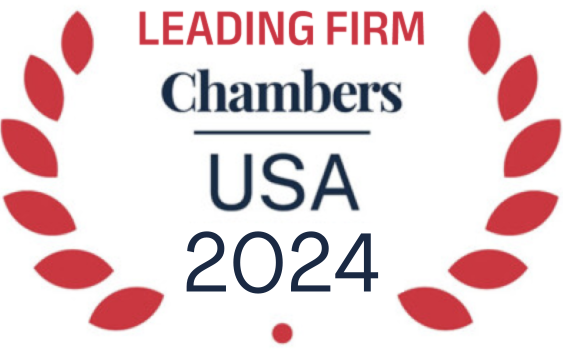
Group Boycott Schemes
A group boycott occurs when two or more competitors in a relevant market refuse to conduct business with a specific individual or company. On its own, an individual company can legally decide to stop doing business with another company. But agreements between two or more competing companies to boycott another business, often an upstream supplier or downstream distributor, are usually illegal under antitrust laws.
Group boycotts can be used to prevent new competitors from entering the market, or to disadvantage existing competitors. They can also be used to implement price fixing agreements, where competitors may collectively attempt to raise prices or reimbursement rates, and agree to boycott any conspirator who refuses to participate in the price fixing scheme.
Law Prohibiting Group Boycotts
Anticompetitive group boycott schemes violate federal antitrust law, notably the Sherman Antitrust Act, and are prohibited by state antitrust law.
FTC: Illegal Boycott Definition
The Federal Trade Commission defines an illegal boycott as:
Any company may, on its own, refuse to do business with another firm, but an agreement among competitors not to do business with targeted individuals or businesses may be an illegal boycott, especially if the group of competitors working together has market power.
Learn More about Anticompetitive Practices
Report an illegal boycott




